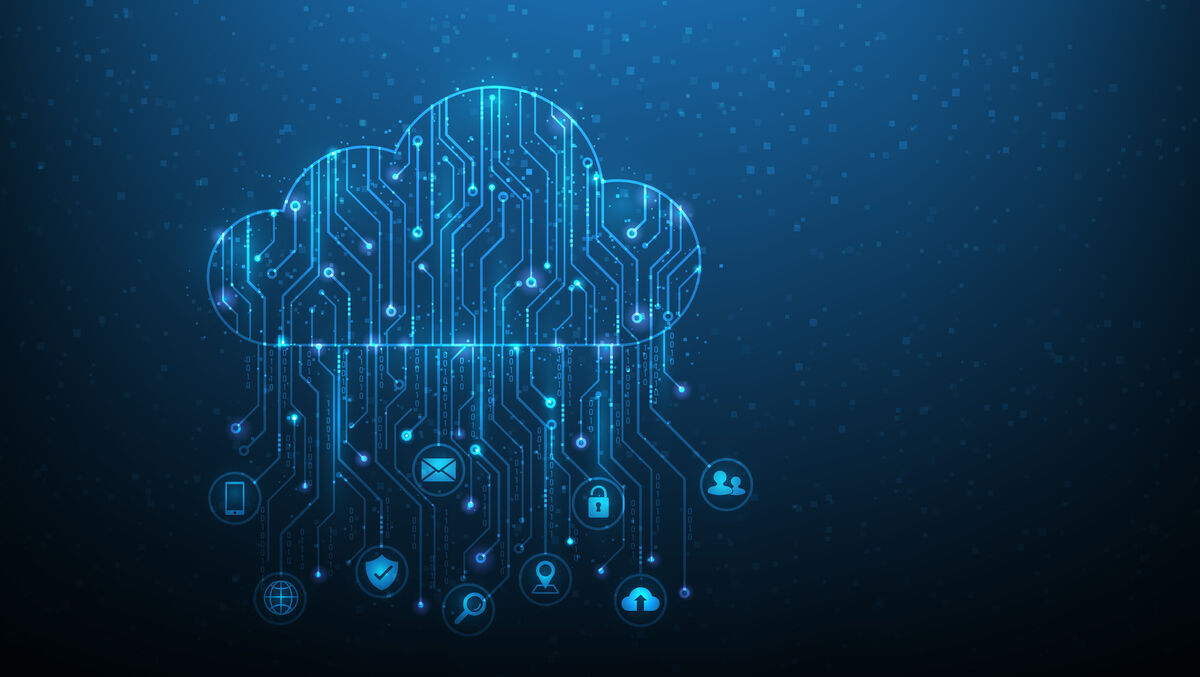
Google Cloud has made an important announcement regarding its BigQuery public datasets program. The company has added 11 more popular blockchain chains to the program, while also improving the existing datasets. This move is part of Google Cloud’s ongoing efforts to democratize blockchain data and make it more accessible to the community.
Since early 2018, Google Cloud has been working with the blockchain community to provide comprehensive blockchain data through its BigQuery public datasets program. Last year, the company added six more datasets to the program, and now it is expanding further with the inclusion of 11 additional in-demand chains.
The decision to expand the program was driven by feedback from blockchain foundations, Web3 analytics firms, partners, developers, and customers. They expressed their need for a more comprehensive view of the crypto landscape and the ability to query more chains. They want to be able to answer complex questions and verify subjective claims related to blockchain data.
James Tromans, the global head of Web3 at Google Cloud, explains the motivation behind these new additions: “Having a more robust list of chains accessible through BigQuery and new ways to access data will help the Web3 community better answer these questions and others, without the overhead of operating nodes or maintaining an indexer.”
The 11 in-demand chains that have been added to BigQuery public datasets include Avalanche, Arbitrum, Cronos, Ethereum (Görli), Fantom (Opera), Near, Optimism, Polkadot, Polygon Mainnet, Polygon Mumbai, and Tron. These chains join the previously added popular chains such as Bitcoin, Ethereum (Mainnet), Bitcoin Cash, Dash, Litecoin, Zcash, Theta, Hedera Hashgraph, Band Protocol, XRP, and Dogecoin.
In addition to expanding the dataset offerings, Google Cloud is also enhancing the existing Bitcoin BigQuery dataset. It is adding Satoshis (sats) / Ordinals to the open-source blockchain-ETL datasets, making it easier for developers to query and analyze Bitcoin data.
To cater to users’ specific data needs, Google Cloud is creating first-party Google Cloud-managed datasets that offer additional capabilities. This complements the community-managed datasets available on BigQuery.
To further enhance the precision and accuracy of the blockchain datasets, Google Cloud is launching UDF (User-Defined Function) for better UNIT256 integration and BIGNUMERIC support. This will provide customers with access to longer decimal digits and reduce rounding errors in computation.
Traditionally, accessing blockchain data required users to set up and maintain nodes and indexers for each blockchain protocol they were interested in. With Google Cloud’s BigQuery public datasets program, developers can access blockchain data off-chain, making it easier to consume and incorporate into their applications. By combining chain data with application data, developers can gain a comprehensive understanding of their users and businesses.
Google Cloud’s efforts to make blockchain data more accessible and user-friendly is welcomed by the community. It not only simplifies the process of accessing blockchain data but also opens up new possibilities for analysis and insights. With these advancements, Google Cloud is reinforcing its commitment to the blockchain ecosystem and supporting the growth of the Web3 community.






